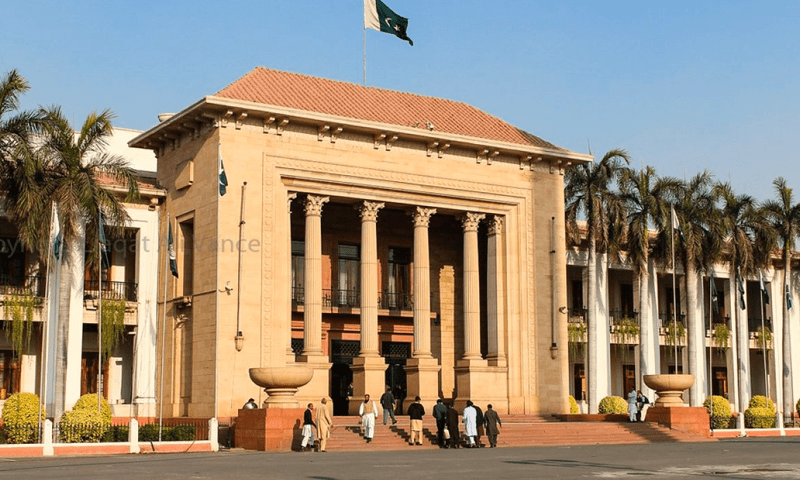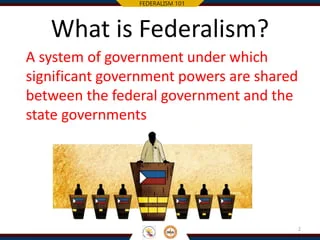Editorial
In Pakistan’s federal system, the weakest link has tragically become the provincial assemblies, institutions that should have embodied the spirit of provincial autonomy after the 18th Amendment. Instead, they now function as mere rubber stamps, sidelined by the powerful federal bureaucracy that still dictates provincial administration, policymaking, and execution.
The constitutional vision was clear: provincial assemblies were to legislate independently, oversee executive actions, and ensure provincial control over their bureaucracies. Yet, in practice, the federal civil service remains entrenched across provinces, operating under Islamabad’s command rather than under provincial authority. This imbalance has eroded the very foundation of parliamentary federalism.
Follow Republic Policy on YouTube
Because of this structure, provincial assemblies neither legislate freely nor hold the executive accountable. Key administrative decisions, postings, and transfers are still influenced and often controlled by federal officers who are constitutionally unanswerable to the provincial legislatures. As a result, the provinces function without true administrative sovereignty, reducing their assemblies to ceremonial forums rather than decision-making bodies.
Equally troubling is the silence of the assemblies themselves. Despite being constitutionally empowered under Articles 142(c) and 137, they have never fought for their rightful authority. Instead of asserting control over provincial cadres and service structures, they have acquiesced to a centralized bureaucratic order that continues to undermine devolution.
Follow Republic Policy on Facebook
If Pakistan is to achieve genuine federal democracy, the provincial assemblies must reclaim their constitutional space. They must legislate assertively, demand bureaucratic accountability, and ensure that executive power operates within the province’s constitutional framework. Until then, they will remain symbolic — institutions in name, not in authority.













